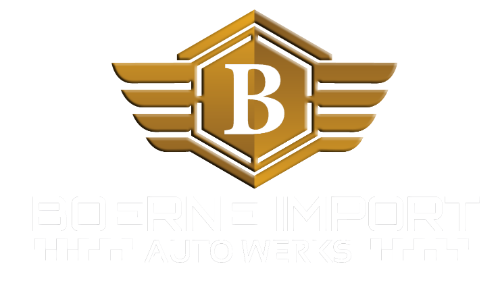


Frequently Asked Questions:
Q: My car seems to run fine, so what’s all the stink about “preventative maintenance”?
A: As opposed to vehicles built in the 70’s, 80’s and 90’s, the newer generation “computer” vehicles are designed with significantly less breakdown occurrence. This “no adjustment” technology is bringing these high mileage vehicles to a whole new level. Be that as it may, getting back to the basics is key. Think about it this way: our physical bodies need proper nourishment, rest and exercise in order to function at its peak and for longevity sake. This same concept holds true as it relates to your vehicle, especially when it pertains to these “high mileage” vehicles. Point in case, lubricant fluids need to be changed, belts and brakes need to be inspected and replaced as needed, batteries and tires need to be inspected, and air, fuel and cabin filters need regular replacement. There is no substitute for regular preventative maintenance to keep your vehicle running at its optimum performance.
Q: It’s very confusing to me when the instrument cluster lights come on. So what do these instrument cluster lights represent?
A: Yes, it can be very confusing. I would suggest reading your vehicle’s owners manual for answers. The section on “instrument panel and gauges” will help you identify what these lights represent. Unfortunately, with the vast number of computers monitoring these various systems, the wording in the these systems may be Greek to the average person. If ever in doubt, call your nearest dealership or repair facility for additional information.
Q: What is the general rule in determining whether I should consider using synthetic oil in my vehicle?
A: In a nut shell, synthetic oil was introduced into the automotive industry due to the rapid technology and engine tolerances that are now standard in today’s vehicles. If you are driving an older model vehicle from the 70’s, 80’s or even 90’s, switching to synthetic oil may not have any significant advantages in the long run versus using a natural based petroleum oil, and changing the oil and filter every 3,000 miles, which would probably be your best route.
Q: What should I do if my car begins to overheat?
A: There’s 2 things you should do:
- Understand that heat is your engine’s worst enemy; therefore, turn your heater ON for additional cooling capacity. This simple trick will buy you time.
- As soon as you can, find a safe place to pull off the road and turn the engine off. DO NOT ATTEMPT TO CHECK THE WATER LEVEL, as hot fluid can cause severe burns. The best thing to do is have your car towed to your nearest repair facility.
Q: What does it mean if my “check engine” or “service engine” light comes on?
A: The main computer which monitors the vehicle’s management system has detected a malfunction somewhere in the system. Most vehicles today have On-Board diagnostic capabilities which means that the symptoms can be diagnosed with a computer scanner. These codes which represent malfunctions are categorized as “hard” or “soft” codes. A “hard code” means that immediately attention is required. A “soft code” means that is okay to drive, but have the vehicle checked as soon as possible. We recommend a professional automotive technician diagnose your vehicle as soon as possible.
Q: Is it necessary to rotate my tires, and how often should I do it?
A: Tire rotation is a service that works to preserve your tires as a set. Tire rotation involves taking each tire off and moving it to another position on your car so that each tire is in a different location. This is so that each tire in the set can wear evenly, which will overall increase the amount of time you have with your current set of wheels before buying a new set. As a general rule of thumb, you should have your tires rotated approximately every 5,000 miles. Also note that the tires on many European model vehicles vary in size (the front tires are a different size than the rear tires) and therefore cannot be rotated.
PARENT-TEEN DRIVING AGREEMENT
In cooperation with AAA of Texas, please click the following link for a Parent- Teen Driving Agreement:
http://teendriving.aaa.com/teenfiles/file/Parent.Teen.Driving.AgreementTX.pdf
To schedule an appointment, please call:
(830) 816-2090





